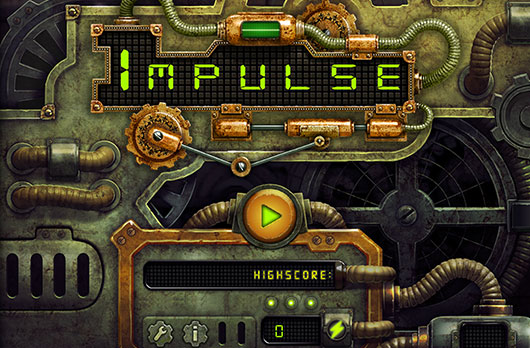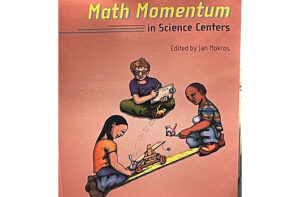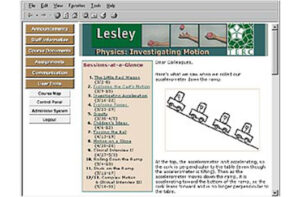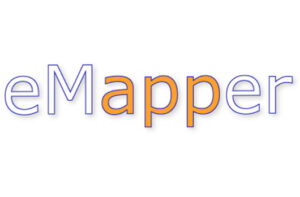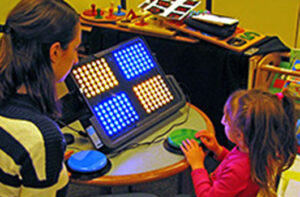Playing with Science: Using Electronic Games to Foster Inquiry
Rebecca Vieyra, Teon Edwards, Elizabeth Rowe, & Jodi Asbell-Clarke
The Science Teacher. Volume: 82. Issue: 5, p. 51. 2015
Summary
When 97% of students choose to play electronic games in their free time (Lenhart 2009), teachers should consider the potential advantages of the “gamification” of learning. Ample evidence shows that science education games can increase students’ conceptual understanding, science-process skills, and understandings about the nature of science (NRC 2011). Games also motivate and challenge students at their own level (Blumberg 2014). When used effectively and scaffolded by other instructional activities, games can improve student learning through the three dimensions of the Next Generation Science Standards (NGSS Lead States 2013): science and engineering practices, disciplinary core ideas, and crosscutting concepts.

Related People:
Elizabeth Rowe, Jodi Asbell-Clarke, and Teon Edwards

